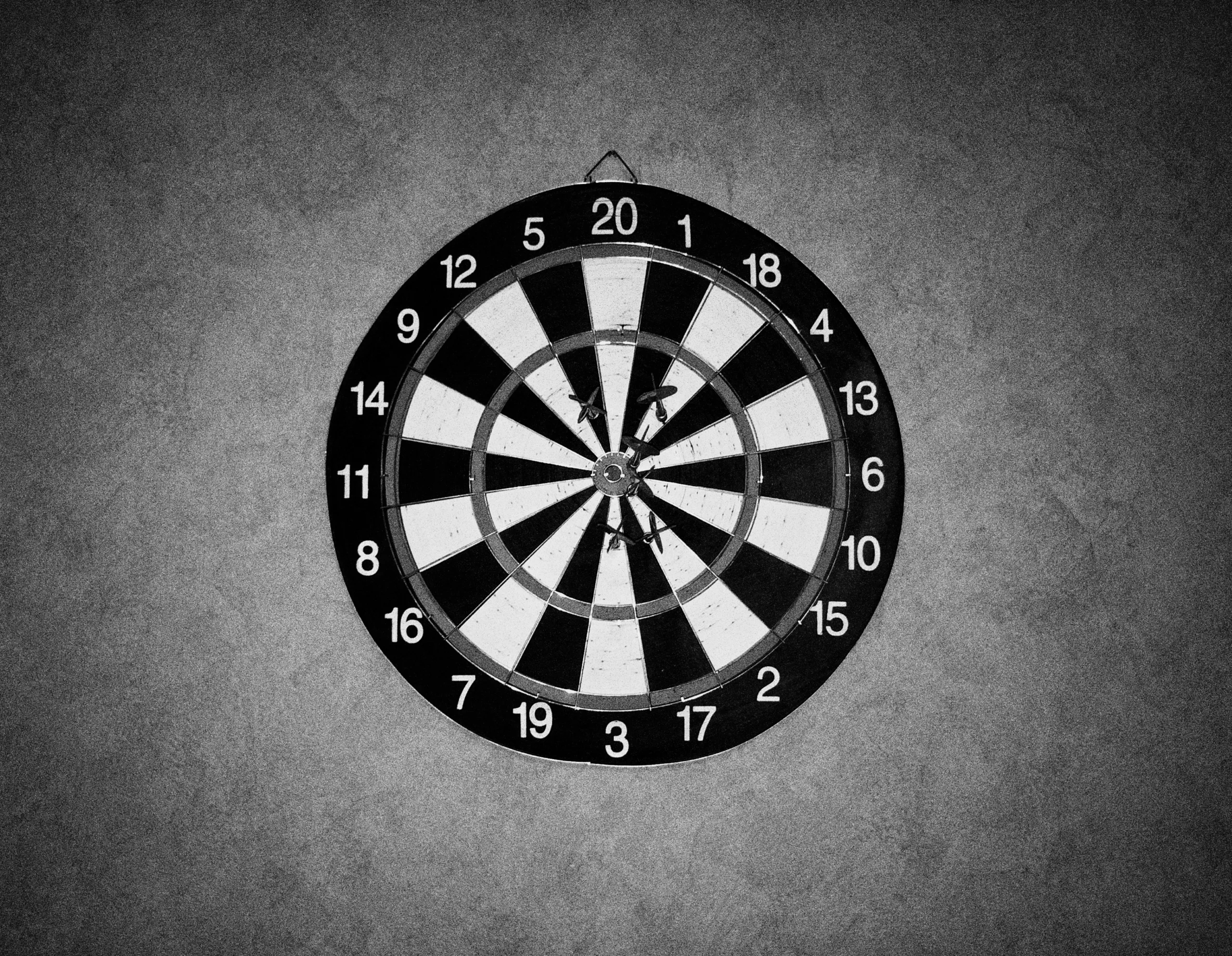Have you ever wondered why sometimes a good night’s sleep can make all the difference? It turns out that there is actually science behind “sleeping it off.” In this article, we will explore the fascinating ways in which sleep can help heal and rejuvenate our bodies and minds, providing a natural remedy for a variety of ailments. From boosting our immune system to improving cognitive function, the power of sleep is truly remarkable. So, let’s dive into the science behind sleeping it off and discover how a solid slumber can work wonders for our overall well-being.

Understanding Sleep
Defining Sleep
Sleep is a natural state of rest that our bodies and minds require for optimal functioning. It is a crucial part of our daily lives, allowing us to recharge and rejuvenate. When you sleep, your body undergoes various processes that are essential for your overall health and wellbeing.
Stages of Sleep – REM and non-REM sleep
Sleep is divided into two main stages: REM (rapid eye movement) and non-REM sleep. Non-REM sleep is further divided into three stages: N1, N2, and N3. During non-REM sleep, your body is in a state of deep relaxation and restoration. REM sleep, on the other hand, is characterized by rapid eye movements and increased brain activity.
Circadian Rhythm and its impact on sleep
Your sleep-wake cycle is regulated by your circadian rhythm, which is a natural internal clock that determines when you feel sleepy or awake. This rhythm is influenced by various factors such as light exposure, daily routines, and biological processes. When your circadian rhythm is disrupted, it can lead to sleep disturbances and affect your overall sleep quality.
The Concept of ‘Sleeping It Off’
Where the phrase ‘sleeping it off’ comes from
The phrase ‘sleeping it off’ is commonly used to describe the act of sleeping to recover from the effects of alcohol or excessive fatigue. It originated from the idea that sleep can help restore the body and mind after indulging in substances or experiencing fatigue.
Common Situations where ‘sleeping it off’ is used
‘Sleeping it off’ is often employed in situations where individuals have consumed alcohol, taken medications, or engaged in activities that leave them feeling physically or mentally drained. Many people believe that a good night’s sleep can help alleviate the negative effects of these situations and allow the body to recover more effectively.
Biological Processes during Sleep
Repair and Restoration Theory of Sleep
The repair and restoration theory of sleep suggests that sleep is essential for the body to repair and rejuvenate itself. During sleep, cellular processes such as tissue repair, muscle growth, and immune system function are facilitated. It is also believed that sleep helps in the consolidation of memories and the removal of toxins in the brain.
Brain Plasticity Theory of Sleep
The brain plasticity theory of sleep posits that sleep plays a crucial role in brain development and cognitive functioning. During sleep, the brain undergoes processes that enhance synaptic connections, strengthen neural pathways, and consolidate learning. This theory suggests that sleep is crucial for optimal brain functioning and cognitive abilities.
The role of the lymphatic system in sleep
Recent studies have revealed that the lymphatic system, which is responsible for removing waste and toxins from the body, is highly active during sleep. The glymphatic system, a network of vessels in the brain, clears away metabolic waste products that accumulate during wakefulness. This highlights the crucial role of sleep in maintaining brain health and waste clearance.
Sleep and Overall Health
Importance of Sleep on Mental Health
Getting adequate sleep is vital for maintaining good mental health. sleep deprivation or poor sleep quality has been linked to an increased risk of mental health disorders such as depression, anxiety, and bipolar disorder. Sleep allows the brain to rest, recharge, and regulate mood, emotions, and cognitive processes.
Impact of Sleep on Physical Health
Sleep is equally important for physical health. It is during sleep that the body repairs damaged cells, secretes growth hormones, and regulates various bodily functions. Chronic sleep deprivation has been associated with an increased risk of developing chronic health conditions like obesity, diabetes, cardiovascular diseases, and weakened immune system function.
Sleep and Cognitive Function
Sleep plays a crucial role in cognitive function, including memory consolidation, attention, problem-solving, creativity, and learning. It is during sleep that the brain processes and organizes information, forming memories and optimizing cognitive abilities. Good sleep hygiene is essential for optimal cognitive functioning and maintaining mental clarity throughout the day.
Impact of Sleep deprivation
Effect of Sleep deprivation on the Body
Sleep deprivation can have detrimental effects on the body. It impairs immune function, increases inflammation, and interferes with hormonal regulation. Additionally, chronic sleep deprivation has been linked to weight gain, impaired glucose metabolism, increased blood pressure, and an elevated risk of developing chronic conditions like obesity, diabetes, and cardiovascular diseases.
Implications on mental health and cognitive functions
Sleep deprivation has a significant impact on mental health and cognitive functions. It can lead to mood disturbances, irritability, decreased concentration, memory problems, and reduced ability to handle stress. Prolonged sleep deprivation has been associated with an increased risk of developing mental health disorders, such as depression and anxiety.
Long-term effects of chronic sleep deprivation
If left untreated, chronic sleep deprivation can have long-term detrimental effects on overall health and wellbeing. It can increase the risk of developing chronic diseases, compromise the immune system, and impair cognitive function. It is crucial to prioritize good sleep habits and seek professional help if chronic sleep deprivation persists.
Sleep and Substance Use
The impact of alcohol and drugs on sleep
Alcohol and drugs can have a significant impact on sleep quality and patterns. While alcohol may initially make you feel drowsy and facilitate falling asleep, it disrupts the later stages of sleep, leading to poor sleep quality and frequent awakenings. Similarly, certain drugs, such as stimulants, can interfere with sleep initiation and maintenance.
Sleeping it off: Substance overuse and sleep
‘Sleeping it off’ after substance overuse is a common practice, especially in cases of alcohol consumption. However, it is important to note that sleeping does not eliminate the presence or effects of substances in the body. While sleep may temporarily alleviate some of the symptoms associated with substance use, it does not address the underlying issues or promote true recovery.
Investigating the myth of sleeping off intoxication
Contrary to popular belief, sleeping off intoxication does not actually speed up the process of sobering up. The body metabolizes alcohol at a relatively fixed rate, and sleep does not accelerate this process. It is important to drink responsibly and allow sufficient time for alcohol to be metabolized before engaging in activities that require alertness and coordination.

Sleep and Illness Recovery
Role of Sleep in Immune Function
Sleep plays a vital role in maintaining a healthy immune system. During sleep, the body produces and releases cytokines, proteins that help regulate immune responses and inflammation. Sufficient sleep enhances immune function and enables the body to mount a more robust defense against infections and illnesses.
How sleep aids in recovery from illness
Sleep is a critical component of the body’s healing process. It promotes tissue repair, muscle growth, and the production of growth hormones. It also allows the immune system to efficiently target and eliminate pathogens, facilitating a faster recovery from illness. Adequate sleep is especially important when the body is fighting off infections or recovering from injuries.
Can sleeping it off actually help you get better?
While a good night’s sleep is beneficial for overall health and recovery from illness, it is not a cure-all solution. Sleeping it off alone may not be sufficient to overcome serious illnesses or replace proper medical treatment. It is important to seek appropriate medical care and follow professional guidelines for recovery.
Sleep, Stress, and Emotional Well-being
How sleep impacts emotional regulation
Adequate sleep is crucial for emotional regulation and overall mental well-being. Sleep deprivation can lead to heightened emotional reactivity and reduced ability to cope with stressors. It also impairs decision-making, problem-solving, and impulse control, making it more challenging to manage emotions effectively.
The role of dreams in processing emotions and experiences
Dreams play a significant role in the processing of emotions and experiences. During REM sleep, dreams are thought to help regulate and integrate emotions, memories, and subconscious thoughts. This process promotes emotional resilience, psychological growth, and the consolidation of learning.
Sleeping to cope with stress: is it effective?
While sleep can provide temporary relief from stress, using sleep as a primary coping mechanism is not effective in the long term. It is essential to address the root causes of stress and implement healthy stress management strategies, such as exercise, relaxation techniques, and seeking support from loved ones or professionals.
Misconceptions about ‘Sleeping It Off’
Is ‘sleeping it off’ a short-term solution or a long-term remedy?
‘Sleeping it off’ is often viewed as a short-term solution to alleviate the immediate effects of fatigue, alcohol, or substance use. However, it is important to address the underlying causes and seek appropriate remedies for long-term health and recovery. Relying solely on sleep to resolve these issues may not lead to sustainable improvements.
Unmasking the myth of ‘catching up’ on sleep
Contrary to popular belief, ‘catching up’ on sleep, such as sleeping longer on weekends, does not fully compensate for chronic sleep deprivation during the week. The body’s need for consistent, quality sleep cannot be entirely compensated for by sleeping longer intermittently. Establishing a regular sleep schedule is crucial for optimal health and functioning.
Sleep vs rest: aren’t they the same?
While sleep and rest are closely related, they are not the same. Sleep refers to a specific physiological and neurological state of rest, characterized by specific brain wave patterns and bodily processes. Rest, on the other hand, can refer to relaxation and recovery without necessarily entering the sleep state. While rest is beneficial, it cannot fully replace the physiological benefits of sleep.
Optimal Sleep Strategies
Creating healthy sleep habits
developing healthy sleep habits is crucial for optimizing sleep quality and quantity. This includes maintaining a consistent sleep schedule, creating a relaxing sleep environment, avoiding stimulants close to bedtime, and engaging in calming activities before sleep, such as meditation or reading.
Understanding the role of sleep hygiene
Sleep hygiene refers to practices and habits that promote good sleep quality. This includes establishing a regular sleep schedule, avoiding electronic devices before bed, creating a comfortable sleep environment, and engaging in relaxation techniques. Practicing good sleep hygiene can help enhance sleep quality and overall well-being.
Strategies for dealing with sleep disorders
If you are experiencing persistent sleep difficulties or suspect a sleep disorder, it is essential to seek professional help. Sleep disorders such as insomnia, sleep apnea, and narcolepsy can significantly impact your health and well-being. A healthcare professional can provide an accurate diagnosis and recommend appropriate treatments or therapies to address your specific sleep concerns.
In conclusion, understanding sleep and its impact on our overall health is crucial for developing healthy habits and prioritizing restful, rejuvenating sleep. From the importance of sleep for mental health and cognitive function to the role of sleep in illness recovery and emotional well-being, sleep plays a vital role in our lives. It is essential to debunk misconceptions and seek professional guidance when facing sleep difficulties or seeking strategies for optimal sleep habits. So remember, prioritize your sleep, prioritize your health.

